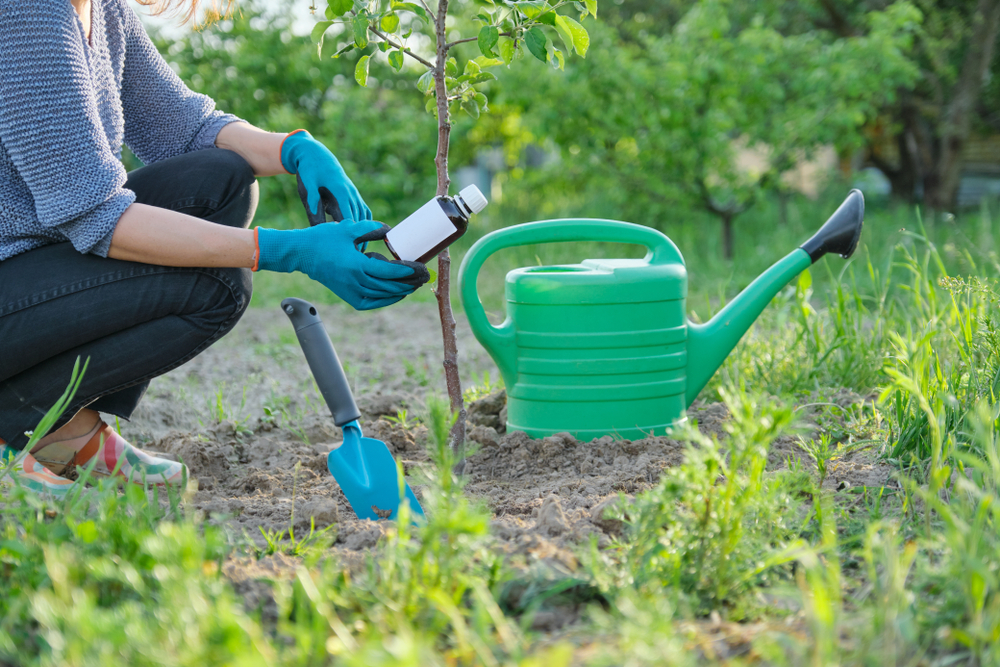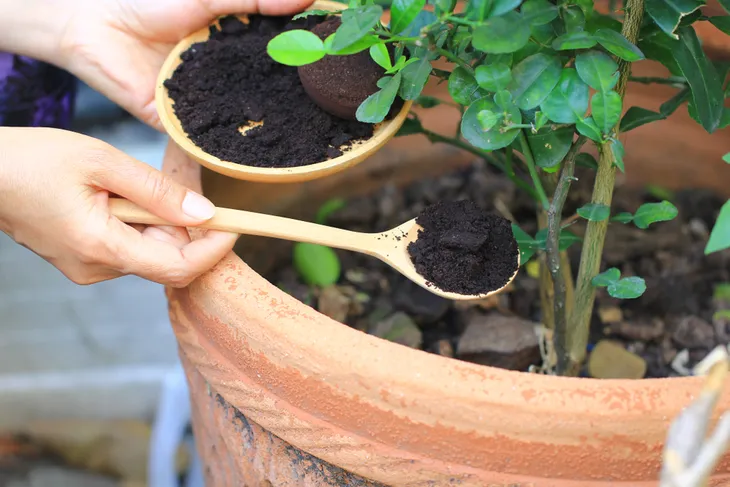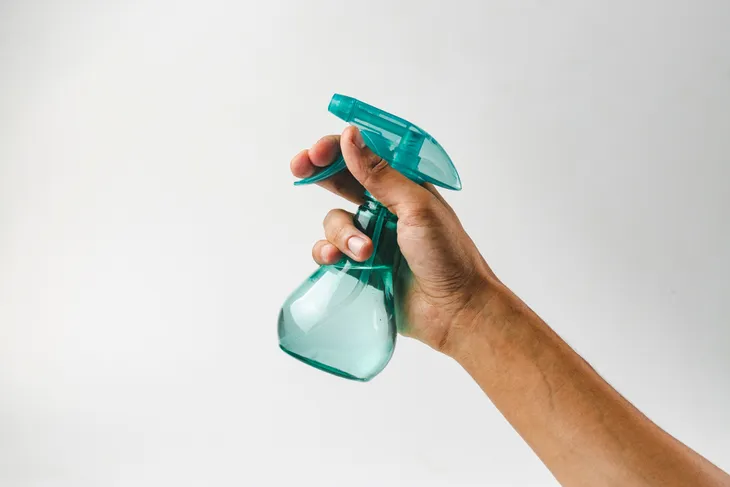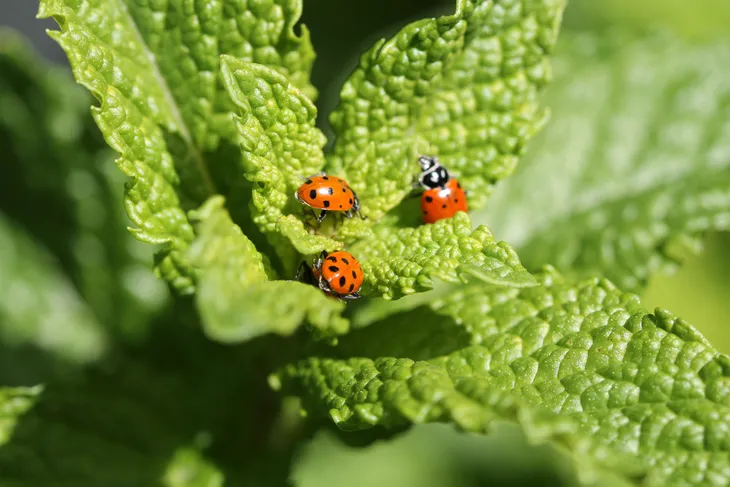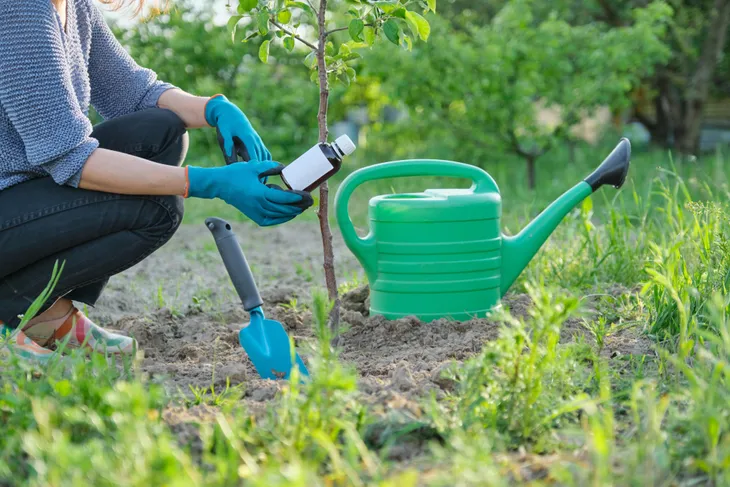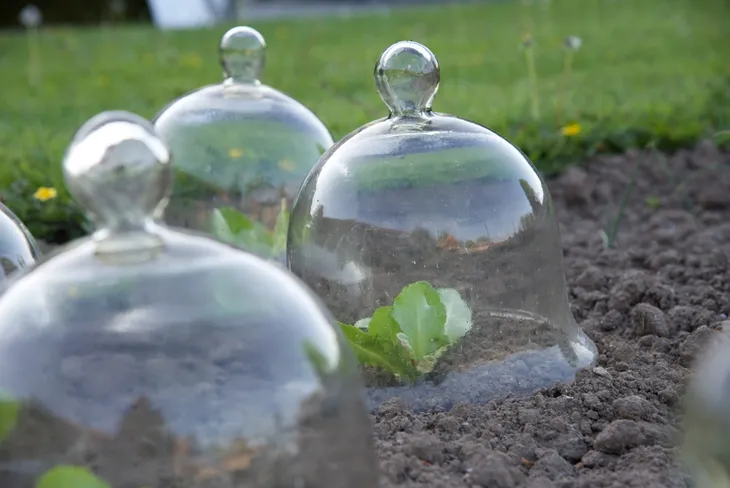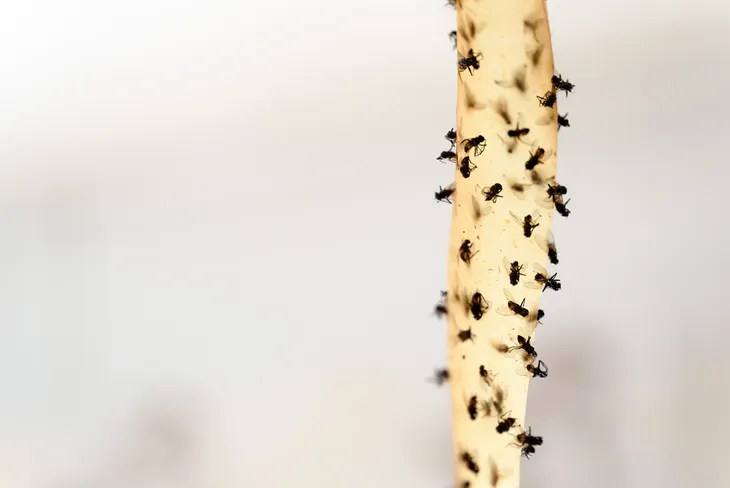It’s not always easy to keep your vegetable garden from becoming an afternoon snack for insects without using harsh chemicals. After all, if you end up using pesticides, then you’re no longer an organic gardener.
So how do you keep your prized tomatoes from falling victim to little mouths? Well, you may already have some of the solutions around your home, and they won’t cost you a lot. So here are seven ways to maintain a successful organic garden…
Spread Coffee Grounds
Instead of throwing away or composting all those ground coffee bits, why not use them as a natural pesticide? Lifehacker.com notes that coffee grounds add nitrogen to the soil, which certain plants love, and “a wide range of creatures can’t stand coffee grounds”.
You’ve probably heard it’s one way to keep cats out of your garden, but apparently it’s also effective for keeping slugs away. If you don’t drink coffee, see if a local coffee shop has any grounds they’re looking to dispose of, notes the source. As an interesting side note, because coffee grounds increase acidity of soil, they can also turn hydrangeas blue.
Spray Water Mist
You’re already watering your garden with a hose, but you might not know that you hold in your hands a secret weapon against aphids that love leaves. Rodale’s Organic Life notes that even on its own, “water can be surprisingly effective” in the battle against pests.
The source suggests turning your nozzle to a fine spray and blasting the little buggers off the plants. Spray from above and below the leaves to get all of them, it adds. “For outdoor plants, knocking most of the pests off will often allow beneficial insects to move in and keep the remaining population in check,” explains the source.
Identify Offenders
Continuing on from that last point, you should know which insects are a threat to your organic garden and which you should keep around as security guards, according to MotherEarthNews.com. “New gardeners may be surprised to discover that most of the insects they find in the garden aren’t dining on their daikons,” it notes.
Some bugs (like ladybugs, for example) can actually improve the soil, pollinate vegetables and keep the bad bugs in check, as mentioned earlier. The source says you can visit a Bug Guide website to help you identify who is who.
Use Organic Sprays
You can still mix up your own concoctions that won’t cause any harm to unintended targets. Lifehacker also provides a pretty good list of recipes to make your own bug sprays, using ingredients such as garlic, hot pepper, tomato juice and soap.
Each mixture is effective at keeping certain pests away, from tiny pests up to rabbits and even deer. You can also mix the solutions to cast a wider net, without posing any danger to your pets or children, it adds.
Introduce Microorganisms
SmilingGardener.com says these are “essential for the health of our soil and plants”. However, it also notes that most gardens are deficient in microorganisms because of environmental pollution, fertilizer use, and tilling, among other reasons.
The best way to add these microorganisms back into your garden is to use high-quality compost, it adds. They will help make the soil better conditioned to yield thriving plants through delivery of water and nutrients, which in turn protects the plants from insects and disease. But the source also warns not to use too much compost – “Just a light dusting is all you need,” it says.
Give Them Shelter
EarthEasy.com said if your young plants have a chance to grow a bit, their natural resistance will grow as well. However, short of putting them all in a greenhouse, you can construct your own “cloche,” which is essentially a miniature greenhouse.
It warns that the cloche still has to be opened up on hot days or for when you’re watering the seedlings, which can lead pests to them. However, it’s still a better option than letting your young plants fend for themselves. The site provides a tutorial on how to build your own cloche.
Use Sticky Traps
Some pests may be harder to get rid of by natural means than others, so traps may be in order. This doesn’t mean going extreme with poisons and electrical charges – sticky traps are apparently useful in trapping some pests without posing a danger to other living things.
These sticky traps can attract certain bug species with certain colors, which will ultimately kill them. You can buy these from a garden supply store, or in true organic fashion, make your own using 4 by 6-inch rigid materials that you can spray-paint (different colors attract different bugs) and coat with adhesive. Hang the traps every 3 to 5-feet, says Rodale’s Organic Life.
